JWH-250, also known as (1-pentyl-3-(1-naphthoyl)indole), is a synthetic cannabinoid research chemical, and EZRC is the first to stockpile it.
It’s a carbazole-based cannabinoid that’s the carbazole analog of JWH-018, making it ideal for researchers in countries where other cannabinoids are controlled. Like chemicals like THJ-018 and AB-PINACA, it has relatively low CB1/CB2 activity in vitro, but it’s still interesting for researchers interested in studying this type of synthetic cannabinoid.
JWH-250 , also known as AM-250 , is a synthetic cannabinoid belonging to the phenylacetylindole family . It acts as an agonist at both CB1 and CB2 receptors , with a binding affinity (Ki) of 11 nM at CB1 and 33 nM at CB2. Unlike many older JWH series compounds, JWH-250 does not have a naphthalene ring; instead, it features a 2′-methoxy-phenylacetyl group, making it a representative of a new class of cannabinoid ligands 1 .
History :
- JWH-250 was discovered by researcher John W. Huffman , who created it and other compounds to study the mammalian endocannabinoid system. In May 2009, samples of JWH-250 were identified in new-generation “herbal” smoke blends, following the ban of the original ingredients (C8)-CP 47,497 and JWH-018 .
Legal status :
- Australia : It is considered a Schedule 9 prohibited substance in Australia (October 2015).
- United States : CB1 receptor agonists of the 3-phenylacetylindole class, such as JWH-250, are Schedule I controlled substances .
If you have any further questions or need more information, please don’t hesitate to ask.

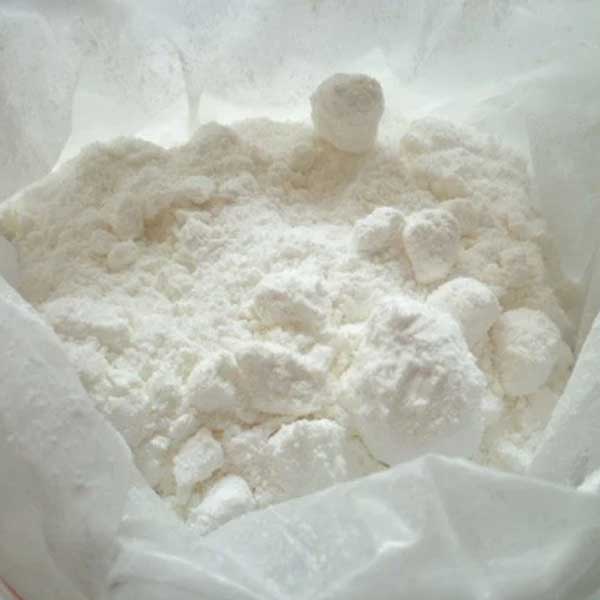
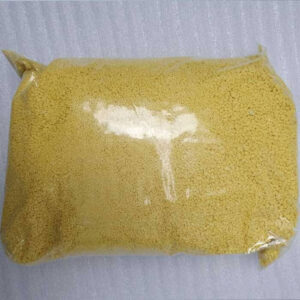
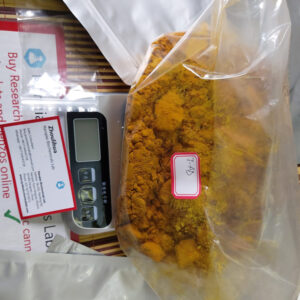
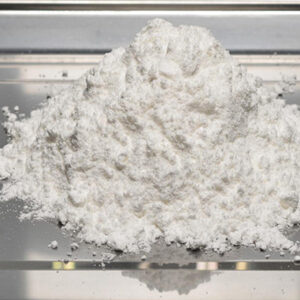
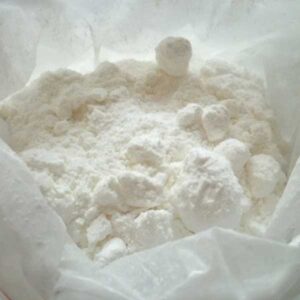
Reviews
There are no reviews yet.